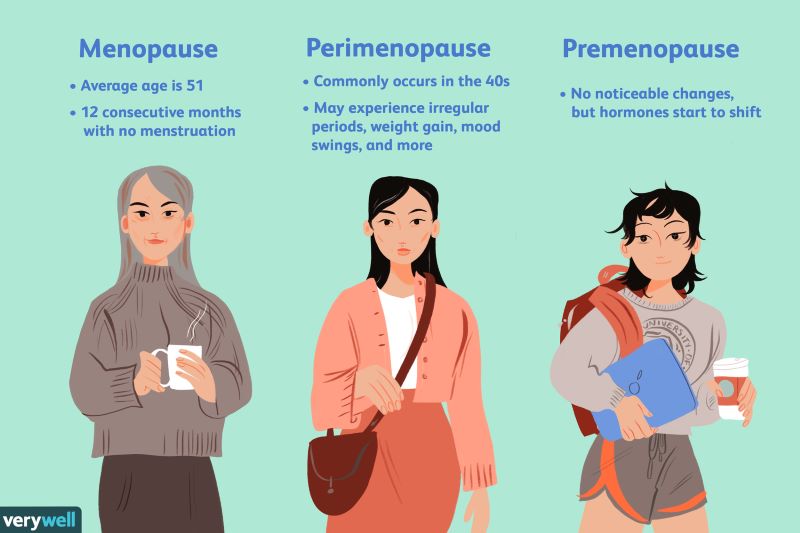Scientists working to deliver a drug that delays menopause indefinitely
A California-based biopharma company that looks for solutions to enhance reproductive health and slow down aging has embarked on a journey to prevent women’s menopause. Oviva Therapeutics, which in 2022 secured a $12 million licensing deal with Mass General, is now in the early stages of testing a new drug on mice and rats.
"The work we’re doing at Oviva Therapeutics focuses on the ovaries as central to our health and well-being. Our goal is to preserve ovarian function longer, potentially making menopause optional through therapeutic intervention," Daisy Robinton, CEO and a co-founder of the startup, said in an interview.
More to read:
Studies on longevity describe how five species found a pathway to reverse aging
The concept is radical: instead of waiting for menopause - the natural end of menstrual cycles - Robinton’s company envisions a future where women could receive periodic injections to delay those changes indefinitely.

These injections would use anti-Müllerian hormone (AMH), a glycoprotein that plays a role in determining a fetus’s sex and later influences sperm and egg development. Since AMH levels drop after age 25 and continue to decline until menopause (typically between ages 45 and 55), Oviva is betting that hormone injections could rejuvenate the ovaries and delay menopause.
Oviva cofounder and Mass General molecular biologist David Pépin revealed in a December interview with Bloomberg that AMH’s potential was discovered over a decade ago during research on ovarian cancer. Injecting the hormone in rats with ovarian tumors appeared to reverse the aging process in their ovaries, making them resemble those of newborns.
More to read:
Study shows tardigrade proteins slow down human metabolism
However, safety concerns remain. Previous research into estrogen injections as a form of hormone replacement therapy (HRT) for menopause symptoms showed an increased risk of cancer.
Although the expectations are high and the vision of gaining unprecedented control over our bodies is certainly compelling, the treatment is likely years away from reaching the market, if it ever does. As with any innovation in the for-profit biomedical industry, it's essential to separate scientific facts from investor-driven hype.
***
NewsCafe is an independent outlet that cares about big issues. Our sources of income amount to ads and donations from readers. You can support us via PayPal: office[at]rudeana.com or paypal.me/newscafeeu. We promise to reward this gesture with more captivating and important topics.







![[video] Aerospace startup proposes sled launch system to push planes into space](/news_img/2024/11/15/news0_mediu.jpg)